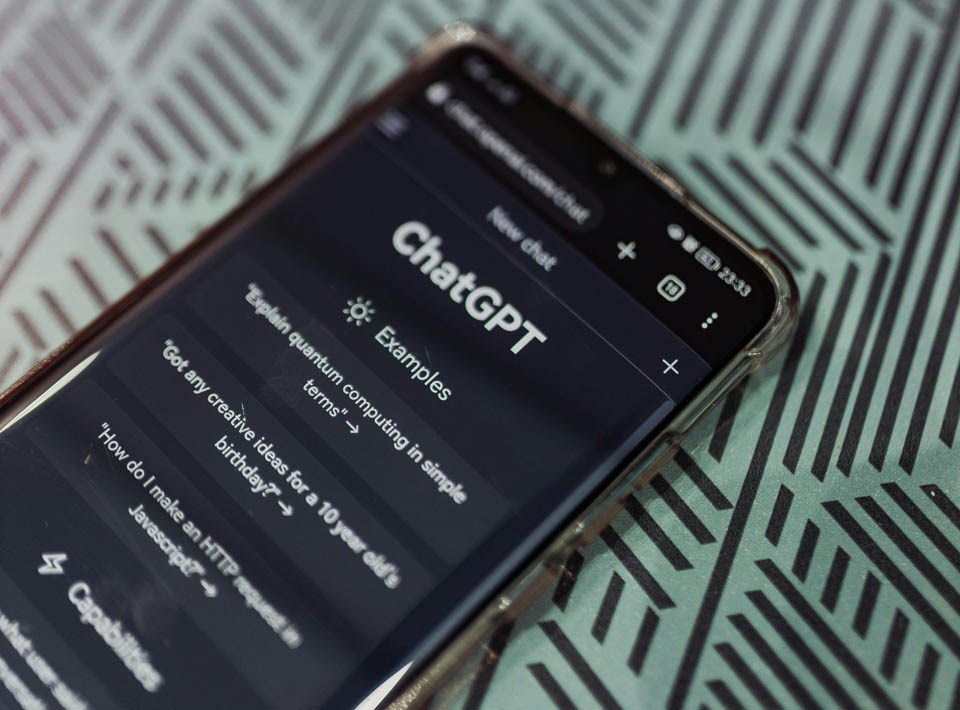OpenAI has unveiled a new AI-powered research assistant, Deep Research, designed to help users conduct complex, in-depth inquiries using ChatGPT. This feature – aimed at knowledge workers in finance, science, policy, and engineering – is intended to provide a more rigorous and verifiable research experience, far beyond the chatbot’s usual quick summaries.
Deep Research allows users to submit detailed queries and attach supporting documents. The AI then scours the web, analyzes data, and compiles a structured response, complete with citations. Unlike standard chatbot interactions, this process can take between 5 and 30 minutes. Users receive a notification when the research is complete. For now, results are text-only, but OpenAI promises that future updates will include images, data visualizations, and deeper integration with specialized databases.
Starting today, Deep Research is available to ChatGPT Pro users with a 100-query-per-month cap. OpenAI plans to expand access to Plus, Team, and Enterprise subscribers soon, with higher query limits in the works. Initially web-only, mobile and desktop integration is expected later this month.
The Accuracy Question
AI-generated content is notorious for hallucinations (fabricated information presented as fact). OpenAI claims to have mitigated this risk by using a specialized version of its o3 reasoning model, optimized for web browsing and data analysis. This model can parse large volumes of text, images, and PDFs, pivot in real time as it uncovers new information, and even generate and cite graphs.
In OpenAI’s internal testing, the model scored 26.6% on Humanity’s Last Exam: a deliberately difficult benchmark for AI research accuracy. While that might seem unimpressive at first glance, it outperformed Google’s Gemini Thinking (6.2%), X’s Grok-2 (3.8%), and even OpenAI’s own GPT-4o (3.3%).
The Real Test: User Behavior
The success of Deep Research won’t just hinge on accuracy—it will depend on whether users actually verify its findings. A well-cited AI response is great in theory, but if people blindly copy-paste without cross-checking sources, misinformation risks remain.
Adding an ironic twist, OpenAI’s announcement comes just weeks after Google introduced an AI research feature with the exact same name.
Whether ChatGPT Deep Research lives up to its promise – or simply becomes another overhyped AI feature – remains to be seen. But for now, OpenAI is doubling down on its vision of AI as a research assistant, not just a chatbot.
As always your thoughts and comments are both welcome and encouraged. Just reply to this email. -s
Shelly Palmer is the Professor of Advanced Media in Residence at Syracuse University’s S.I. Newhouse School of Public Communications and CEO of The Palmer Group, a consulting practice that helps Fortune 500 companies with technology, media and marketing. Named LinkedIn’s “Top Voice in Technology,” he covers tech and business for Good Day New York, is a regular commentator on CNN and writes a popular daily business blog. He's a bestselling author, and the creator of the popular, free online course, Generative AI for Execs. Follow @shellypalmer or visit shellypalmer.com.




